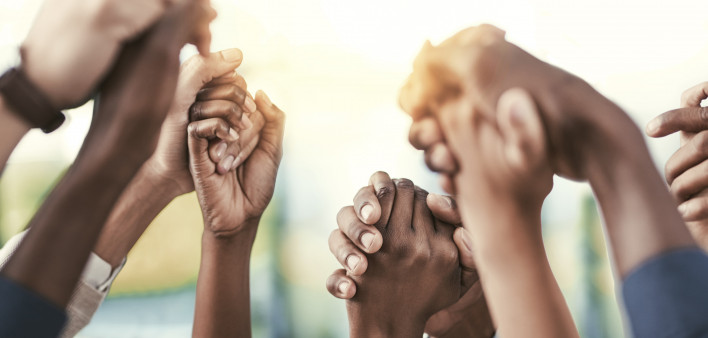POZ readers are well aware that the HIV epidemic disproportionately affects people of color, especially Black gay and bisexual men and transgender women. But does HIV-related funding from private sources adequately support these communities? Looking at 2018 data covering nearly $200 million, the folks at Funders Concerned About AIDS (FCAA) found that 15% of HIV-related philanthropy directly addressed Black, indigenous and people of color (BIPOC) communities.

An infographic from “Philanthropic Support to Address HIV/AIDS in 2018”Courtesy of FCAA
Specifically, in the United States in 2018, HIV-related philanthropy totaled nearly $199,464,000. Of that, about $28,950,000 directly supported BIPOC. Of that amount, 28% was specifically earmarked for African Americans. This means that 4% of the total U.S. HIV-related philanthropic funding directly addressed the Black community’s needs.
To put this into perspective, African Americans made up 13% of the U.S. population in 2018 but accounted for 42% of the 37,832 new HIV diagnoses that year, according to the Centers for Disease Control and Prevention. (For more insight, see the POZ Basics on HIV and African Americans.)
Is #HIV philanthropy adequately supporting #BIPOC communities? Take a look at @FCAA’s latest data spotlight to help answer this question. #BlackLivesMatter #HealthDisparities #FundAIDSFight https://t.co/S956lGR1CP pic.twitter.com/T8lkWiWD2y
— FundersConcernedFCAA (@FCAA) September 25, 2020
Each year, FCAA releases a report looking at private HIV funding. The Black Lives Matter movement and COVID-19 disparities affecting BIPOC communities, inspired FCAA to analyze the data in its most recent report and explore HIV funding for these minority communities. The new FCAA data analysis is titled “Philanthropy for Black, Indigenous and People of Color Communities (2018),” and infographics from the findings are embedded throughout this article.
(In February, POZ covered FCAA’s latest report, Philanthropic Support to Address HIV/AIDS in 2018, which was the organization’s 17th annual publication. The article was titled “HIV Funding From Private Sources in 2018 Remained ‘Relatively Flat’” and included a list of the top 10 philanthropic funders of HIV.)

An infographic from “Philanthropic Support to Address HIV/AIDS in 2018”Courtesy of FCAA
Grantmaking and funding for BIPOC communities is difficult to precisely measure, the new FCAA analysis notes, because a lot of grant descriptions don’t include racial and ethnic data.

An infographic from “Philanthropic Support to Address HIV/AIDS in 2018”Courtesy of FCAA
The FCAA analysis also highlights the organizations reaching these marginalized populations. The top five HIV funders of BIPOC communities were:
- Gilead Sciences, Inc.
- AIDS United
- ViiV Healthcare
- Ford Foundation
- California Wellness Foundation.
And the top five HIV funders of African-American communities were:
- Gilead Sciences, Inc.
- ViiV Healthcare
- AIDS United
- Ford Foundation
- Washington AIDS Partnership.

An infographic from “Philanthropic Support to Address HIV/AIDS in 2018”Courtesy of FCAA
The FCAA analysis also notes that LGBT communities of color are more impacted by HIV. For example, 44% of Black transgender women have HIV. However, of the HIV funding for BIPOC and Black communities, 60% of all BIPOC-related funds and 51% of specifically African-American–related funds addressed the LGBT community. What’s more, only 18% of the total U.S. HIV-related funds directly address LGBT people.
In related news, read these opinion pieces from FCAA’s executive director: “What Does It Mean to Be an HIV Funder Today?” and “Keeping AIDS in the Headlines.”







Comments
Comments